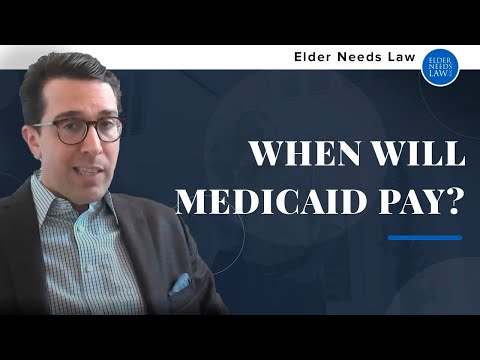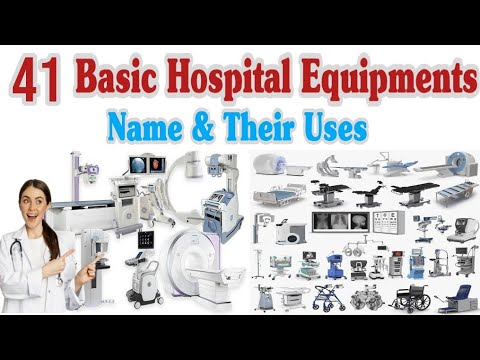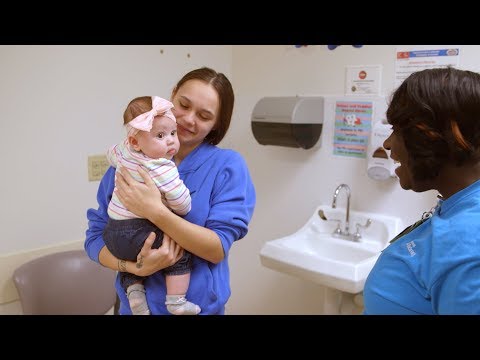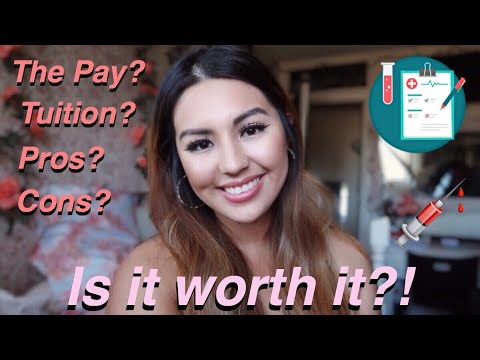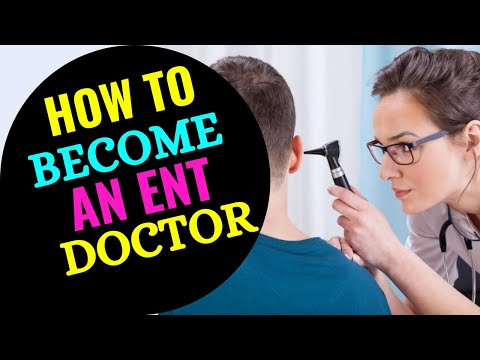Medicaid Assisted Living in Florida
Contents
If you’re considering assisted living in Florida, you may be wondering if your Medicaid benefits can help cover the costs. Here’s what you need to know about Medicaid and assisted living in Florida.
Checkout this video:
Medicaid and Assisted Living in Florida
Medicaid is a government-funded program that provides health insurance for low-income individuals and families. In Florida, Medicaid covers a wide range of medical services, including long-term care.
Assisted living is a type of long-term care that helps seniors with everyday tasks, like eating, bathing, and dressing. It also provides social and recreational activities.
In Florida, Medicaid will pay for assisted living services if the following criteria are met:
-The person is 65 years of age or older.
-The person is a Florida resident.
-The person needs help with at least two activities of daily living, such as dressing or bathing.
-The person does not have a serious mental illness.
How Medicaid Works in Assisted Living
Medicaid is a government-funded health insurance program that provides coverage for low-income individuals and families. In Florida, Medicaid is administered by the Agency for Health Care Administration (AHCA).
Medicaid provides coverage for a wide range of health care services, including doctor’s visits, hospital stays, prescription drugs, mental health services, and more. Medicaid also pays for long-term care services for eligible individuals who are aged, blind, or disabled.
Long-term care services include personal care services (such as help with bathing, dressing, and using the toilet), Home Health Care services, and nursing home care In Florida, Medicaid pays for long-term care services provided in assisted living facilities (ALFs).
To be eligible for Medicaid coverage of long-term care services in an ALF, an individual must meet certain financial and non-financial eligibility criteria. The financial criteria are based on the individual’s income and assets. The non-financial criteria are based on the individual’s need for long-term care services.
In general, to be eligible for Medicaid coverage of long-term care services in an ALF, an individual must have a monthly income that does not exceed $2,313 (in 2021) and countable assets that do not exceed $2,000. An individual’s home is not counted as a countable asset for Medicaid eligibility purposes if the individual intends to return home after receiving long-term care services.
If you think you or a loved one may be eligible for Medicaid coverage of long-term care services in an assisted living facility in Florida, contact your local Area Agency on Aging or the AHCA at (888) 419-3456 to learn more about how to apply.
What is Assisted Living?
Assisted living is a type of long-term care that provides personal care, 24-hour supervision and other services to people who are unable to care for themselves but do not need the around-the-clock medical care provided by a nursing home. People who live in assisted living communities typically have their own private or shared apartment or suite. Meals are usually provided in a common dining area, and residents have access to amenities such as recreation and wellness programs, transportation services, laundry and housekeeping services.
The Benefits of Assisted Living
There are many benefits to assisted living for those who qualify for Medicaid. Assisted living can provide a safe and secure environment for seniors, as well as access to care and assistance with activities of daily living. In addition, assisted living facilities often have a variety of amenities and social activities that can help to improve the quality of life for residents.
The Cost of Assisted Living
The cost of assisted living in Florida can vary depending on the type of care you need and the location of the facility. Medicaid can help cover the cost of assisted living for eligible residents.
According to a report from the Florida Department of Elder Affairs, the median monthly cost ofassisted living in Florida is $3,500. The cost can range from $1,800 to $5,200 per month. Nursing home care is typically more expensive than assisted living, with a median monthly cost of $6,300.
Medicaid is a joint federal and state program that helps cover medical expenses for low-income Americans. In Florida, Medicaid is called “MediPass”. To be eligible for MediPass, you must be a U.S. citizen or legal resident and meet certain financial criteria.
If you are eligible for MediPass, you may be able to get help paying for assisted living services. The amount of assistance you receive will depend on your individual circumstances. For example, MediPass may pay for some or all of your rent, depending on how much income you have.
If you are considering assisted living in Florida and need help paying for it, Medicaid may be a good option for you.
Medicaid and Long-Term Care
Medicaid covers a wide range of long-term care services, including assisted living. In order to be eligible for Medicaid assistance, individuals must meet certain financial and medical criteria.
Individuals who are eligible for Medicaid assistance may receive help with paying for some or all of their assisted living costs. Medicaid will also cover some of the costs associated with long-term care services provided in nursing homes and other care facilities.
In order to apply for Medicaid assistance, individuals must contact their state’s Medicaid office. Each state has different eligibility requirements for Medicaid assistance, so it is important to check with your state’s Medicaid office to see if you meet the criteria.
Medicaid and In-Home Care
Assisted living is a type of care that helps people with everyday tasks like bathing, dressing, and eating. It also provides medication management and other health services. People who live in assisted living usually have their own apartment or room.
In Florida, Medicaid pays for assisted living in some cases. To be eligible, you must be 65 or older, blind, or have a disability that prevents you from living alone safely. You must also need help with at least two activities of daily living, such as bathing or dressing.
If you qualify for Medicaid assistance, you can choose to receive care in your home or in an assisted living facility. In-home care is paid for by Medicaid at no cost to you. With in-home care, a caregiver comes to your house to help you with everyday tasks. You can choose the days and times that work best for you.
In contrast, Medicaid only pays for part of the cost of assisted living. The amount that Medicaid will pay depends on the facility and the level of care that you need. You may also have to pay a private pay rate if the facility does not participate in Medicaid.
Medicaid and Nursing Homes
Medicaid is a federal and state funded health insurance program that helps low-income Americans pay for medical care. Medicaid pays for nursing home care for eligible seniors. In order to be eligible for Medicaid nursing home coverage, applicants must meet certain financial and medical criteria.
In order to qualify medically, applicants must be unable to perform activities of daily living (ADLs) such as bathing, dressing, toileting, transferring (from a bed to a chair), and eating. They must also require constant supervision due to a mental disability or condition.
Financially, applicants’ countable assets must not exceed $2,000 for an individual or $3,000 for a married couple. There are some exceptions to this rule, however, such as exempting the value of one’s primary residence and personal belongings.
Once an applicant is determined to be eligible for Medicaid coverage, the state will then determine the level of care that the individual requires. If the individual requires nursing home care, Medicaid will cover the cost of care up to a certain amount per day. The covered amount varies from state to state.
In Florida, Medicaid will cover the cost of nursing home care up to $50 per day. However, this coverage is subject to change at any time and is not guaranteed.
Medicaid and Prescription Drugs
Florida Medicaid pays for a wide range of health care services, but it also covers some assisted living costs. One of the benefits covered by Medicaid is prescription drugs.
If you are enrolled in Medicaid, you may be eligible for help with the cost of your prescriptions. You can get help with both the cost of your medications and the cost of insurance premiums.
There are some restrictions on what types of drugs are covered by Medicaid, so it’s important to check with your doctor or pharmacist to make sure that your medications are covered.
Medicaid and Dental Care
While most people are aware that Medicaid provides health insurance for low-income adults and children, many are unaware that Medicaid also covers dental care. In fact, dental care is one of the most important services covered by Medicaid, as it can prevent and treat a wide variety of serious oral health problems.
Unfortunately, access to dental care can be a challenge for many Medicaid recipients, as there is a shortage of dentists who accept Medicaid patients. This shortage is particularly acute in rural areas, where dentist availability is often limited. As a result, many Medicaid recipients have difficulty getting the dental care they need.
There are a few ways to address this problem. One is to increase reimbursement rates for dentists who accept Medicaid patients. Another is to create incentives for dentists to participate in Medicaid. One way to do this is by expanding the scope of services that Medicaid covers. For example, Medicaid could cover preventive services such as teeth cleanings and oral exams, which would encourage more dentists to participate in the program.
Expanding dental coverage under Medicaid is an important way to improve access to care for low-income Americans. By taking steps to increase reimbursement rates and expand coverage, we can ensure that everyone has the opportunity to get the dental care they need.

